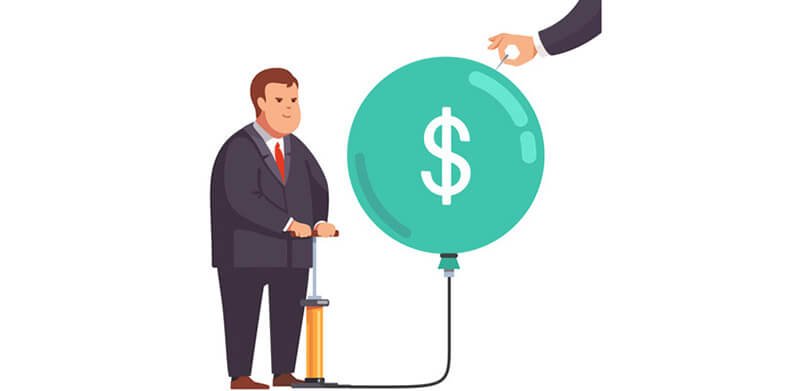
In the battle of the sexes, women tend to win in the responsibility category ― and mothers know that better than anyone. Though many husbands are assuming more responsibility in tending the home and caring for the children, women continue to shoulder the bulk of those obligations.
What’s more, studies show that women tend to act with more social responsibility, working to create a world that is safer, happier, and better for everyone. Finally, women tend to be more responsible with money, paying off loans faster, avoiding financial risks, and investing in responsible resources better than men.
However, even though women seem to be better savers and spenders, women entrepreneurs are not safeguarded against financial mistakes. In fact, any first-time entrepreneur can make many disastrous errors in managing a business’s money, jeopardizing her or his success.
To retain the title of “most responsible,” female business owners should learn about the following common cash flow missteps that can easily sink a business.
Forgetting to Budget
Most businesses are somewhat seasonal, with spending increasing and decreasing dependent on holidays, weather, and other events. However, if a business leader can’t predict when income will be low, the business could experience long dry spells plagued by little available cash.
Therefore, it is vital for business leaders to track their cash flow throughout the year and build reliable budgets for spending and saving. Those cash flow statements help entrepreneurs build trustworthy budgets to inform business plans and add stability to business growth.
Impulse Spending
There’s an embarrassing and pervasive stereotype that women can’t control their shopping habit. Thankfully, study after study has shown the opposite to be true ― men are the impulse spenders ― but still female business owners should be overly cautious of quick and thoughtless business purchases.
Any time a leader deviates from her business plan to purchase items that aren’t in her budget, she risks upsetting her cash flow and slowing her business’s success.
Overestimating Sales
Most entrepreneurs are optimists; if they were pessimists, or even realists, they would never risk so much on their own business ideas. Unfortunately, that optimism is exactly what encourages most business owners to expect every site-viewer and store-visitor to make a purchase.
It’s good for a business leader to believe in her product, but she must remain realistic in estimating sales volumes if she has any chance at crafting a usable budget and managing her cash flow.
Ignoring Past-Dues
Neither should businesses ignore their own past-due bills, nor should they forget their clients’ delinquent payments. A business owner must pay her bills as quickly and efficiently as possible to avoid incurring interest and other costs that can decimate a well-honed budget.
However, more importantly, business leaders cannot abide clients who fail to pay what is owed. If chasing after delinquent clients is untenable, leaders should partner with a factoring company, who will purchase unpaid invoices and assume the responsibility of acquiring payments.

Paying Too Early
If a business has the money to pay its vendors or suppliers early, financially responsible business leaders should fight that urge. Though it might seem like it fosters good relations with these necessary business allies, paying early could cause imbalances in cash flow that tip over the business.
The only good reason to pay early is an unmissable discount ― otherwise, leaders should hold onto their money until payments are due.
Stocking Up
For similar reasons, some entrepreneurs think it financially wise to spend excess cash on inventory. Sometimes, bulk orders produce minor savings, and it seems worthwhile to have items on-hand.
Instead, stocking up with too much inventory only ties up a business’s cash, preventing it from investing in other areas until that product is sold. Worst of all, inventory rarely earns interest, so the longer those items sit on the shelf, the less valuable they become.
Neglecting the Emergency Fund
In personal finance, experts stress the importance of having an emergency fund to use in case of a broken leg, a burst pipe, or some other catastrophe insurance doesn’t cover. Businesses also need emergency funds of a sort ― cash cushions that help them stay solvent when unexpected events interrupt scheduled cash flow.
Business leaders should save up at least two months’ worth of operating expenses to serve as an emergency cash resource.